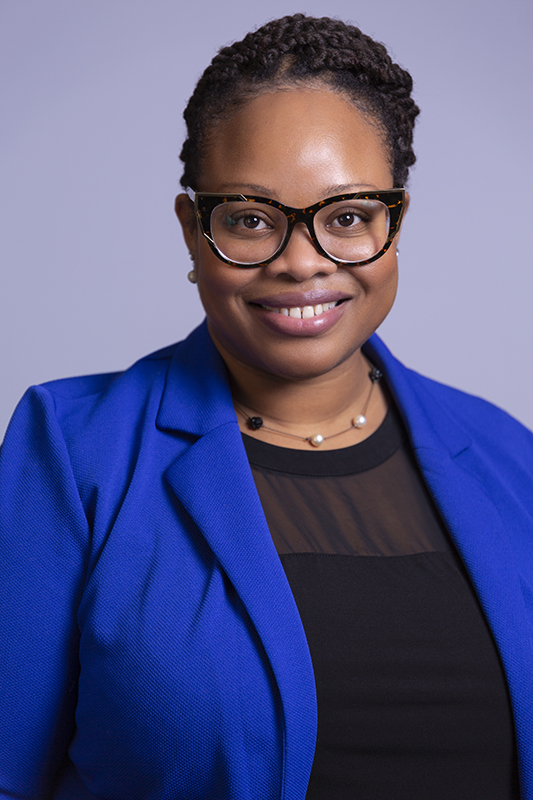Kameika Murphy
Kameika Murphy, assistant professor of Atlantic History, explains the power of storytelling and its impact on social justice.
Stories of African-Americans, stories of Afro-diasporic peoples outside the U.S., and representations of blackness shape the perceptions and the treatment that people receive. And therefore social justice includes paying closer attention to those stories and who gets to tell them.
The narrative I was being given in (graduate) class started with slavery. We had not been given any other context. The image and memory that was being reinforced in my mind was of my people, people who looked like me, my ancestors, only in servitude and nothing else.
When we think about the African American experience, we see black people as such, people, humans, not a process through which they were being dehumanized.
This Voice was originally published in 2020. At the time of publication, and presently, Murphy was a professor with the Historical Studies program. In addition to serving on the Campus Committee on Diversity and Inclusion Excellence, she is currently working to complete her doctorate.
Watch Murphy's presentation during 2020's Community Conversations Series:



